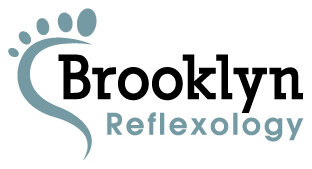Massage and Pain*
Some Recent Research: Massage Therapy for Reducing Pain, Anxiety, and Muscular Tension in Cardiac Surgery Patients.
A study published in The Journal of Thoracic and Cardiovascular Surgery reported that during a randomized trial, researchers found massage therapy was more beneficial for cardiac surgery patients who were experiencing pain, anxiety and muscular tension when compared to cardiac patients who were involved in the same study and received an equal amount of rest time.
Study methods: There were 152 adult patients recently admitted for cardiac surgery involved in the study. The participants were randomly put into two groups: one received massage therapy after surgery while the control group was simply offered rest time. Of the 152 patients who participated, only 146 of them went on to receive rest time or massage due to complications, such as cancelled surgery or being waitlisted.
Pain, anxiety, relaxation, muscular tension and satisfaction were measured with visual analog scales. Prior to day one of the study and after its conclusion, participants’ heart rate, respiratory rate and blood pressure were also measured. Researchers gathered additional information by holding focus groups and listening to the participants’ feedback.
Protocol: Participants were given a total of four massages or rest time sessions over a six-day period, beginning on day three or four and then again on day five or six after surgery.
Results: For those volunteers who received massage, there was a 52 percent reduction in pain in comparison to the participants who received an equivalent amount of rest time, who saw no major improvements.
On day three and four, participants receiving massage therapy reported a 58 percent reduction in anxiety, and this reduction increased on days five and six. Both groups saw significant improvement in relaxation on days three and four, but only massage was effective on days five and six. Additionally, a 38 percent reduction in pain was also noted on days five and six in the massage therapy group.
This trend continued throughout the study, with massage patients reporting greater relaxation scores and a 54 percent reduction in muscular tension. Participants offered rest time did see a reduction in muscular tension on the third and fourth days, however the results were not the same on days five and six.
References
Braun L.A., Stanguts C., Casanelia L., Spitzer O., Paul E., Vardaxis N.J., Rosenfeldt F., Massage Therapy for Cardiac Surgery Patients—a randomized trial. The Journal of Thoracic and Cardiovascular Surgery. 2012 Dec; 144(6):1453-9, 1459.e1. doi: 10.1016/j. jtcvs.2012.04.027. Epub 2012 Sep 7.
* Article reprint from Massage Therapy Journal, Fall 2013
